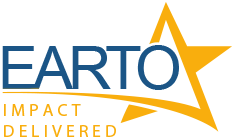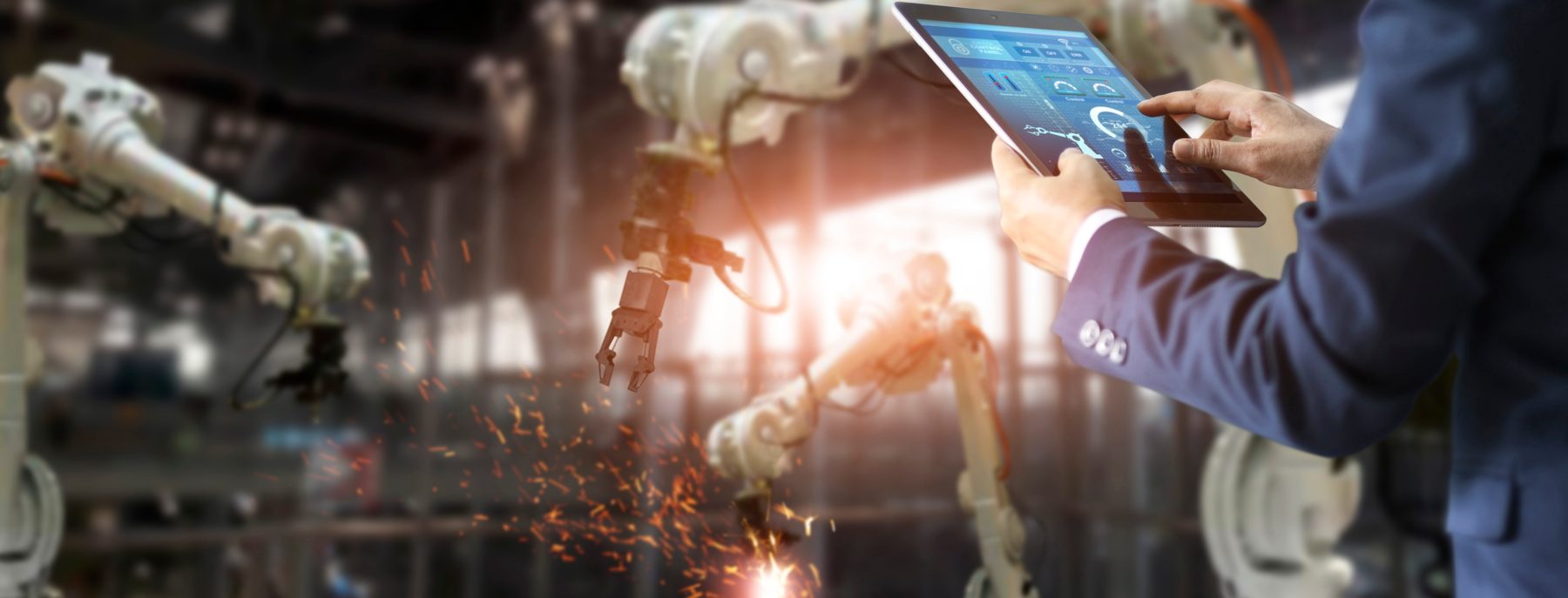TECNALIA – Motion without limits
EARTO Innovation Awards 2021 – Impact Delivered Category
Second Prize
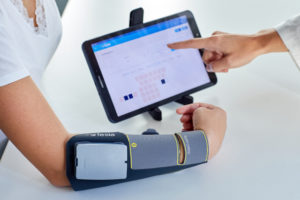
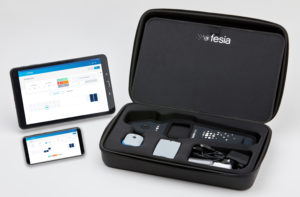
Unfortunately, thousands of people suffer from neurological diseases globally. In most cases, patients face several limitations in carrying out basic activities, having a severe impact on their daily life. Neurological diseases mainly affect the capacity of motor control or even the complete absence of muscular function. However, the nerve conductivity and the excitability of the muscles still remain. The technology used to activate the nerves and then, the muscles, is called functional electrical stimulation (FES). TECNALIA has fully contributed to the development of an innovative patented technology, Fesia, for functional electrical stimulation to scale-up new therapeutic and neuroprosthetic devices for patients suffering from neurological diseases. Fesia technology is based on matrix arranged electrodes, wireless stimulation and sensing means to overcome the limitation of the state-of-the-art solutions and massively reach the market of functional electrical stimulation.

2 Fesia products are now on the market

Fesia devices have been sold in 16 countries
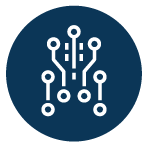
Fesia technology had €300,000 sales in 2020

10M potential customers in the EU within the next years
FES in S.O.S.
Today, the current technology applies mainly to neurorehabilitation and helps the patients to recover and improve mobility of the affected limbs, stroke, spinal cord injuries, cerebral palsy, and multiple sclerosis. FES uses electrical current to revitalise nerves and muscles via a common rehabilitation technique for managing the central nervous systems lesions. The stimulation effectiveness of conventional FES still needs to be improved due to the remaining limited number of movements and absence of comfort and user-friendly equipment. Complex neurological problems can only be solved with the use of a sensor-based cable-free technology to allow more movement and flexibility, offering greater freedom to all patients.
Improving FES effectiveness
EARTO member TECNALIA developed the Fesia, a flexible, modular, configurable and lightweight technology, which enhances the basic capacity of FES by applying it to multi-pad electrodes. Fesia comprises a stimulation device, a multi-pad electrode with up to 32 small pads and a wireless sensor network for gathering sensory information. This provides the functionality of assessing the specific progress in rehabilitation (for instance the grasp function) and evaluating the progress of the patient in this particular function in need. TECNALIA developed a novel automatic algorithm to select the preferred electrodes, based on an innovative reaction to a known impulse which drastically reduces the time dedicated to testing compared to classical “place-test-replace-test” strategy.
Solution to complex problems
Thanks to TECNALIA, Fesia technology has already made significant achievements in its three years of operation, including reinforcement of clinical evidence of its technology, establishment of quality management program, and launch of 2 Fesia products (Fesia Walk and Fesia Grasp). The project has also been awarded twice with the seal of excellence by the European Innovation Council and received EU funding in the WALKHOME project. Fesia Technology is now present in 16 countries and in ongoing clinical usability and evaluation. Fesia patented technology can also be applied in different markets, offering premium comfort and usability to interested patients experiencing mainly neurorehabilitation.
The video of the innovation is available here.
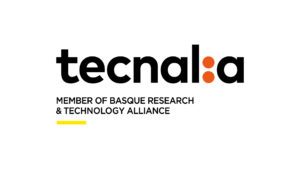
TECNALIA is a leading Research and Technological Development Centre in Europe, whose mission is to transform technology into GDP to improve people’s quality of life, by creating business opportunities for companies. TECNALIA works with an increasingly strategic business relationship model based on trust, collaboration, and a shared technological approach, whereby its main scopes of action are energy transition, sustainable mobility, smart manufacturing, precision health, urban ecosystem and digital transformation. TECNALIA is the first private Spanish organisation in contracting, participation, and leadership in the European Commission’s Horizon 2020 programme and we are ranked third in European patent applications.
© Photos Credit: TECNALIA
< Previous Next >
